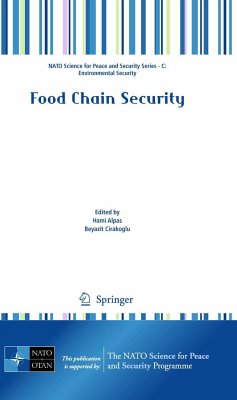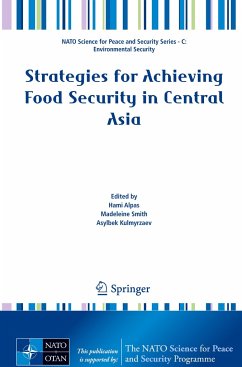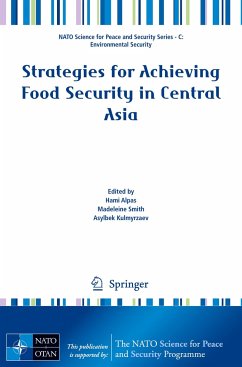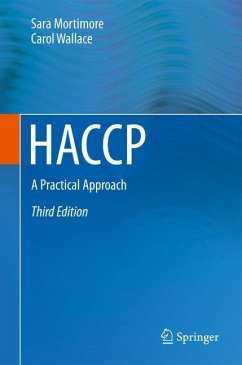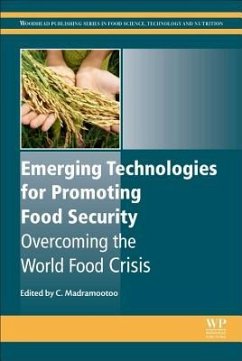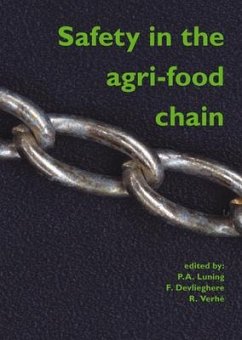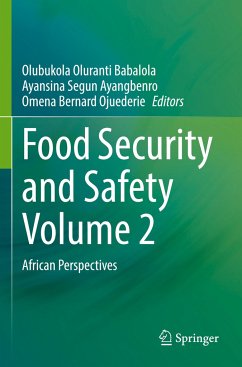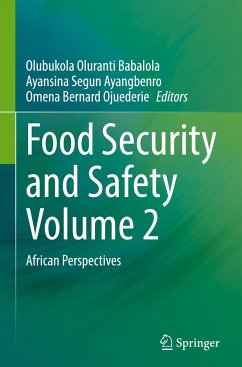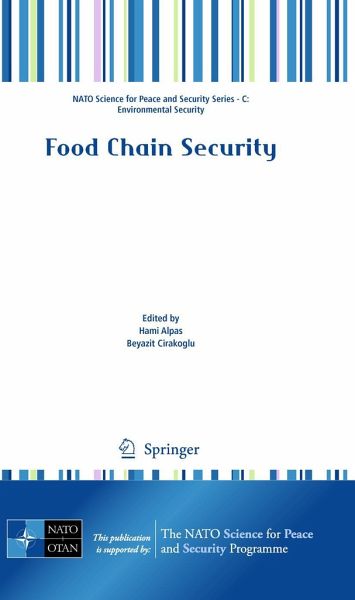
Food Chain Security
Versandkostenfrei!
Versandfertig in über 4 Wochen
159,99 €
inkl. MwSt.

PAYBACK Punkte
80 °P sammeln!
The pilot study on Food Chain Security was launched in 2003 by NATO Public Diplomacy Division Science for Peace and Security Section (SPS) under the leadership of Turkey. The purpose of the study was to study the safety and security of food stuffs in the face of their careless/ignorant handling as well as against expected terrorist attacks at the system which may destroy and/or degrade it at the source during distribution, processing and in the consumption phase. The study included the protective and response measures which may have to be taken to reduce the risk and mitigate the consequences ...
The pilot study on Food Chain Security was launched in 2003 by NATO Public Diplomacy Division Science for Peace and Security Section (SPS) under the leadership of Turkey. The purpose of the study was to study the safety and security of food stuffs in the face of their careless/ignorant handling as well as against expected terrorist attacks at the system which may destroy and/or degrade it at the source during distribution, processing and in the consumption phase. The study included the protective and response measures which may have to be taken to reduce the risk and mitigate the consequences of these threats to the food system. The final outputs of this pilot study were agreed to be mainly: To allow comparison between country partners To identify common weaknesses of the food systems As a result of the terrible September 11, 2001 attacks in the United States the nature of the terrorist threat appears to be more uncertain and diffused, therefore the terrorist threat against the food system which comprises production, processing, distribution, restaurants, and retail can be very diverse and unpredictable and involve chemical, biological, and radiological agents of various kinds. Preparing for all possible contingencies was not practical, so a "risk management approach" was used in this study based on risk management principles that acknowledge while risk generally cannot be eliminated, enhancing protection from known or potential threats can reduce it.



